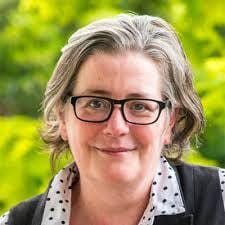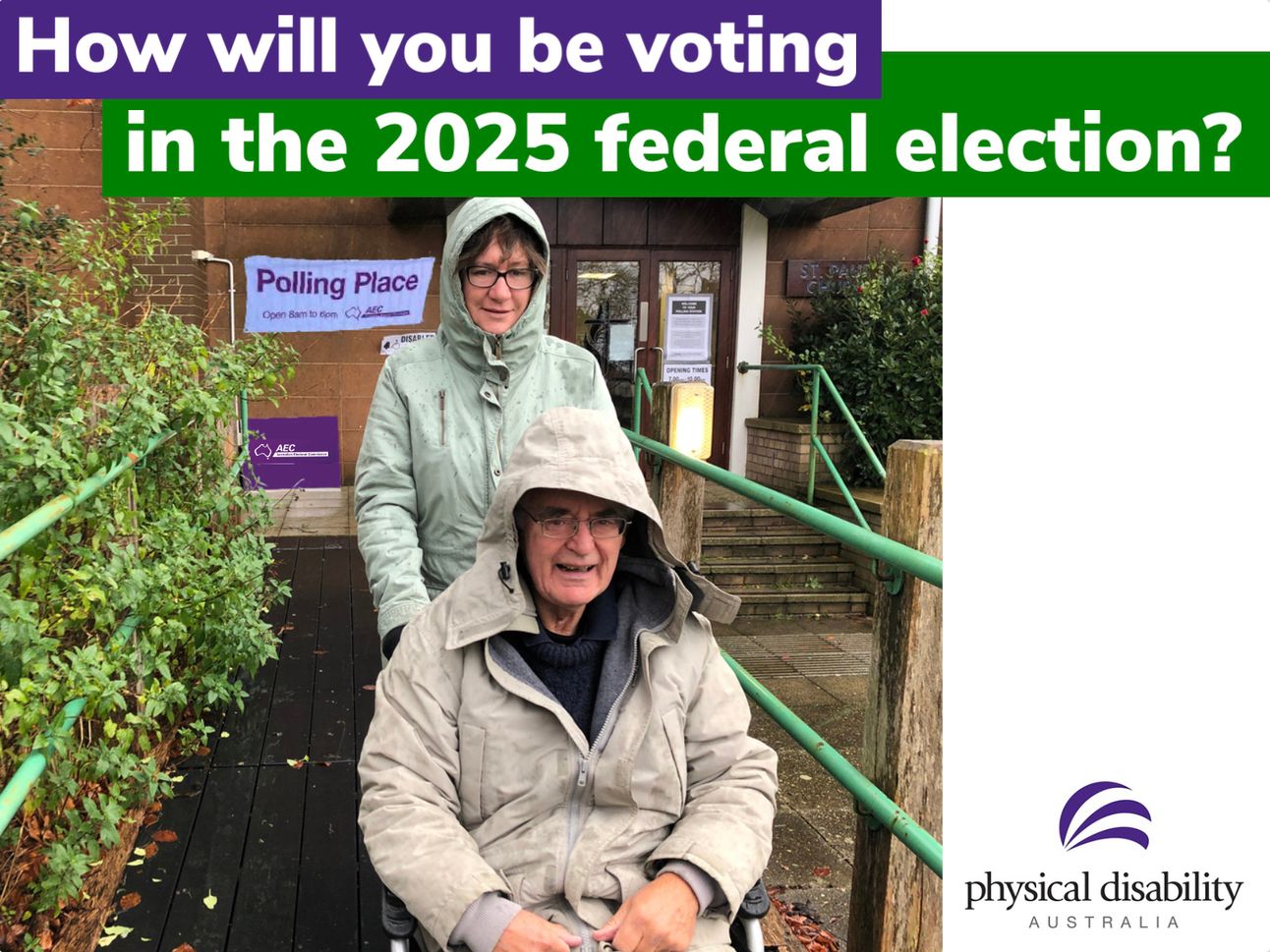The abilityNEWS Daily
The Big Story

El Gibbs (courtesy Crikey)
A failure to deal properly with disability means real problems aren’t being addressed
By Melissa Marsden
Despite being one of the largest areas of public expenditure and hundreds of thousands of people being affected by disability, it hasn’t been an issue in the election campaign. Melissa Marsden investigates why it’s been ignored.
El Gibbs, CEO of Disability Advocacy Network Australia, says despite the looming national ballot being labelled a ‘cost of living election, “the costs for many disabled people haven't been talked about”.
She’s calling out a lack of action on the needs of people with disability.
In particular, Gibbs had hoped that after the findings of the Disability Royal Commission were released some four years ago, leaders would “show more enthusiasm for the changes to make the NDIS fairer and a commitment to foundational supports.”
She says this is not an area that requires a massive financial commitment. It would, however, make a huge difference for People with Disability.
“It would be great to have a greater acknowledgement of the harm and a greater commitment to stopping the violence and abuse”, Gibbs said.
Gibbs comments follow Thursday’s launch of the National Disability Representative Organisation’s Blueprint for Economic Justice.
The blueprint calls for the government to put “economic justice front and centre” by changing measures relating to income support, employment and housing.
Gibbs says DANA is calling for an increase in the Disability Support Pension (DSP) to consider cost-of-living pressures, with the pension is currently below the poverty line.
In some cases, for every dollar that a person with disability makes they they may lose some from other benefits. No political parties have touched this issue - they prefer to discuss other concerns instead.
Gibbs says rules on welfare don’t take into account the disadvantages people with disability face.
“I’ve spent a significant part of my life on the pension, and it’s tough when you don’t have access to work”, Gibbs said.
“We’re looking for an amendment to the partner test because it’s unfair and linked to violence and abuse.
“People with disability are being forced to depend on partner income. This can push people into poverty and force them to stay in domestic violence situations”.
The Briefing

Voting with Disability: courtesy PDA
The different ways you can vote on or before Saturday
by Physical Disability Australia
With the federal election on Saturday, Australians have several voting options including in-person, postal, early and mobile voting. Certain eligibility requirements apply, with tailored support available for people with disabilities, illness or other valid reasons.
More than food: South Australia invests in dignity and connection
by Australian Disability & Aged Care
The South Australian Government is investing $2.5 million over five years to expand Social Supermarkets across the state. These community-run shops offer discounted groceries and connect people with services tackling long-term food insecurity.
Deafblindness is a unique disability, not a combination
by Deafblind Australia
Blind Citizens Australia has supported efforts to have deafblindness recognised as a distinct disability by governments and agencies. Advocate Di Hartmann highlights the challenges faced by deafblind individuals in transport, education, mobility, support, employment, and advocacy.
Global multiple sclerosis prevention initiative underway
by Multiple Sclerosis Australia
An international programme is being launched to explore ways of preventing multiple sclerosis before symptoms begin. Led by MS Australia, the initiative aims to unite researchers to identify early risk factors and intervention strategies.
Is technology for blind people evolving or leapfrogging?
by Blind Citizens Australia
Reflecting on 50 years of technological evolution, Susan Thompson traces life as a blind person from braille machines to smartphones. Advances like mobile phones, cloud systems and remote meetings have revolutionised independence and transformed how Blind Citizens Australia operates today.
Shaping the Future of Advocacy: Progress Update from DANA
by Disability Advocacy Network Australia
DANA has released an update on its Future of Advocacy project aimed at shaping a stronger, more inclusive disability advocacy sector. The proposed framework outlines funding reform, sector innovation, and people with disability at the heart of service design and delivery.
The Wrap
Woman fatally scalded in 60C bath
by Yahoo!News
Kyah Lucas, 28, who was non-verbal and had multiple disabilities, died in hospital five days after being bathed in scalding water by two workers from National Disability Insurance Scheme (NDIS) provider LiveBetter during a support session in Orange in the NSW Central Tablelands in February 2022.
NDIS provider pleads guilty after woman, 28, dies from bathtub burns
by 9 News
A regional disability provider has admitted to serious safety breaches after the death of a young Aboriginal woman who was badly burned in a bathtub. Kyah Lucas suffered burns to almost half her body when she was bathed at a home in Orange, in central western NSW, by two workers from NDIS provider LiveBetter in February 2022.
The Diary

